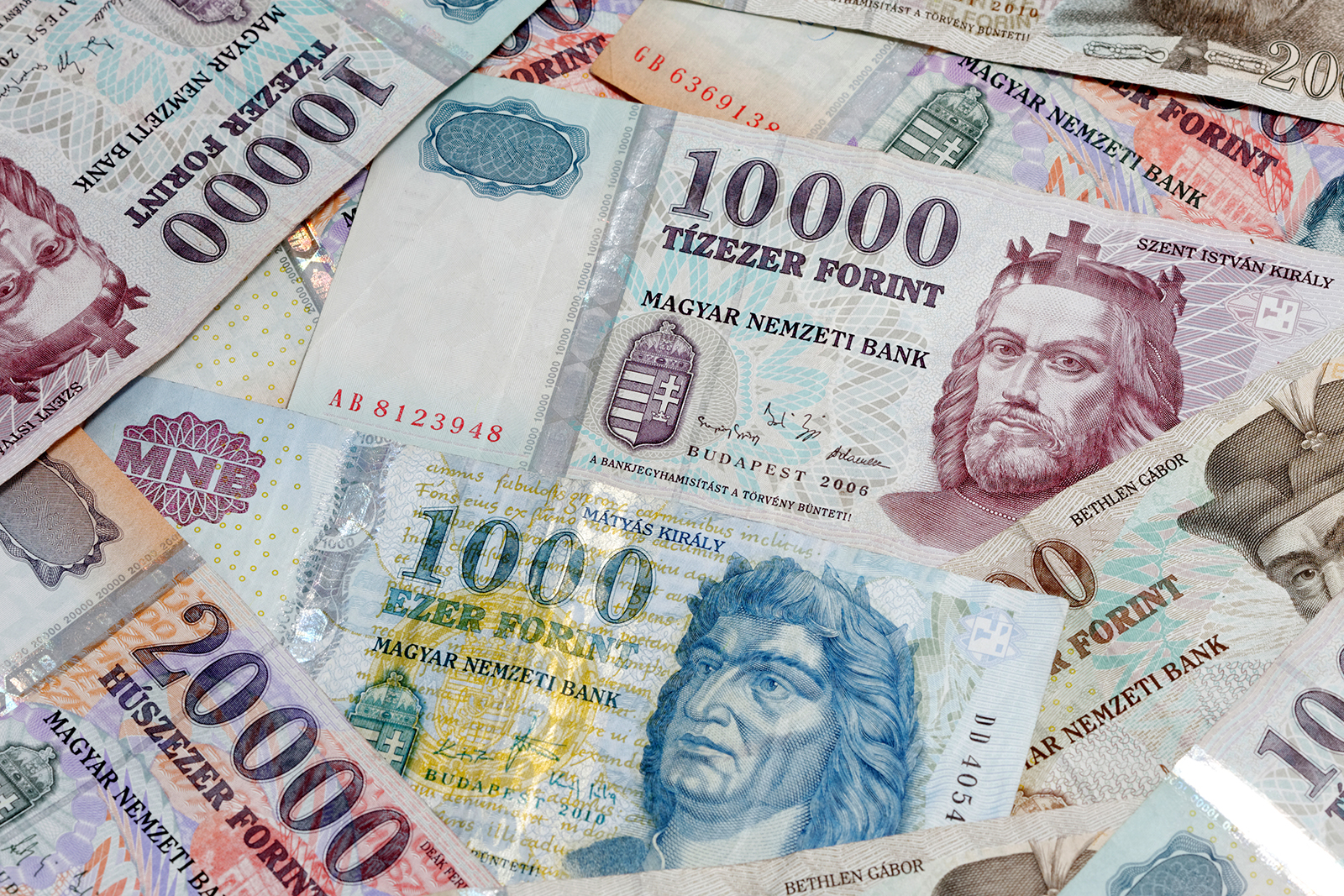Ready to Welcome Back the Tourist Forint

Photo by Abel Tumik
Tourism is a sector the contributions of which are easy to overlook. Think of the most significant growth drivers, and what comes to mind are three broad economic fields: industry, services and agriculture. In Hungary’s case, the breakdown for GDP share is 56.64% for services, 24.52% for industry, and 3.38% for agriculture, according to the statista.com website (the figures are for 2020, but were broadly consistent across the decade).
What interests me about how economies are perceived is the weight people give the various sectors. My late father-in-law was a hospital director but came from smallholder farmer stock. He was convinced agriculture took a far bigger share of GDP than was the case. (We once had a spirited, if good-natured, debate on the subject until I could find a Hungarian source he would trust).
Hungarians have always been good at making things, so it’s no surprise that industry produces about a quarter of GDP. Within this sector, automotive has long been a powerful engine on which Magyar growth is built. It has faced its share of challenges, notably during the financial crisis of 2007-2008, when the money taps were turned off, and people stopped buying cars. More recently, supply chains have been whacked out of shape by COVID and the war in Ukraine. Most crucially, the shortage of microchips has slowed the supply of new vehicles and pushed up the price of second-hand cars. But automotive has endured in Hungary, where it seems to be managing the switch over to electromobility well.
The service sector takes the lion’s portion of GDP. (Think of all those shared service centers, increasingly making their way up the value food chain and rebranding as business services centers.) Tourism falls into this sector and rather gets lost in the overall picture. The most up-to-date
OECD Tourism Trends and Policies publication for Hungary was for 2020, relying on data that is not only now several years old but is pre-COVID. Even so, it makes for interesting reading. As the intro says, “Tourism has outperformed growth in the wider economy over the last decade. The sector directly contributed 6.5% of Hungarian GDP in 2017, rising towards 10.2% of GDP when indirect impacts are included. The same year, tourism directly accounted for over 418 000 jobs, or 9.6% of total employment. Travel exports represented 23.5% of total service exports in 2018.”
COVID lockdowns and travel bans put the sector into a deep freeze, but there were clear signs of a thaw leading to a revival before the war threw a new spanner into the works, if that isn’t mixing too many metaphors. But here’s the critical takeaway; remove pandemics and conflict from the picture, and Hungary’s underlying economic fundamentals are all good, with the exception of demographics. Market players from the sector we spoke to in preparation for the Tourism Special Report inside this issue were generally optimistic, perhaps surprisingly so. They are focussing on what they can control, looking to make their operations as efficient as possible, and putting the customer experience at the core of what they do. Tourists are returning to our streets, if not yet flooding them. July’s Formula One Grand Prix will again see hotels packed. Barring any further calamities, this year should be better than next, but the ugly shadow cast by the war to the east can never be far from anyone’s mind nowadays. For all those in the tourism sector, we can only hope for the best.
Robin Marshall
Editor-in-chief
This article was first published in the Budapest Business Journal print issue of July 1, 2022.
SUPPORT THE BUDAPEST BUSINESS JOURNAL
Producing journalism that is worthy of the name is a costly business. For 27 years, the publishers, editors and reporters of the Budapest Business Journal have striven to bring you business news that works, information that you can trust, that is factual, accurate and presented without fear or favor.
Newspaper organizations across the globe have struggled to find a business model that allows them to continue to excel, without compromising their ability to perform. Most recently, some have experimented with the idea of involving their most important stakeholders, their readers.
We would like to offer that same opportunity to our readers. We would like to invite you to help us deliver the quality business journalism you require. Hit our Support the BBJ button and you can choose the how much and how often you send us your contributions.







